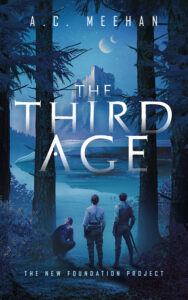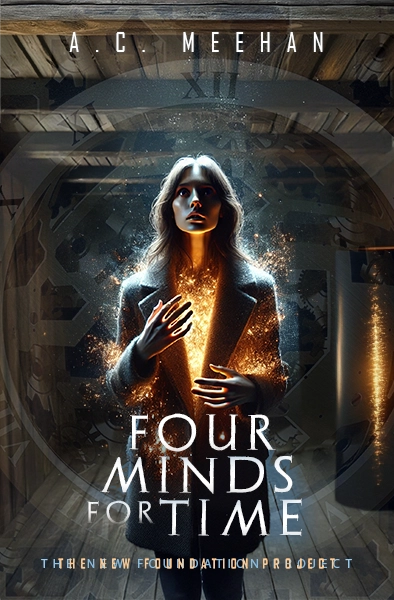Writing is work. It’s work I happen to love—and even the awful, disheartening, tedious parts lead to satisfaction. I also like the work of gardening. Pulling weeds is part of making a beautiful garden.
There’s been quite a bit written about artificial intelligence being able to take over the things humans aren’t so good at or don’t like doing. I haven’t yet seen a weed-pulling robot, but maybe I just haven’t looked. Terrifyingly, though, computers are able to do the fun stuff, too. AI can write a novel, create soundtracks, and paint. Right now—for now—there’s a quality gap and humans still have the advantage. But we used to be better at chess, too.
Meanwhile, software programs are automating spelling and grammar correction in increasingly sophisticated ways. I haven’t personally used Grammarly, but the fact that it exists says a lot.
These programs get better and better, because we humans spend lot of effort to teach them. They can analyze everything humans have created, and with only a little guidance, they quickly learn what we think is good. They “study the masters” by breaking everything down to the smallest task, and then they can apply the rules. With access to the whole world’s digital archive, and the ability to actually analyze that much data, AI has a frame of reference that goes way, way past anything a human can master.
I see a lot of value in technology as a tool, but there’s something about this process that doesn’t sit right with me. It sometimes feels like humans are becoming the support system for the programs. I don’t think the Matrix is our destiny, but I do worry about what we—as a thinking, feeling species—are losing.
We may have set ourselves up to accept this mind-shift through language. In the 1960s, someone coined the term word processing.
Wikipedia says:
A word processor is a device or computer program that provides for input, editing, formatting, and output of text, often with some additional features.
Here’s Wikipedia’s description of another well-known gadget:
A food processor is a kitchen appliance used to facilitate repetitive tasks in the preparation of food.
So 60 or so years ago, we collectively started to use the language of “processing” to describe the core activities of writing and publishing. Further, those activities are conceptually reduced to “repetitive tasks.” It’s very transactional, very routinized. Do X and get Y.
All this means the tasks of writing gained prominence over the thoughtful and artistic aspects of writing. (We also started getting carpal tunnel instead of a writer’s cramp…) There are thousands of how-to-write-a-novel books that offer formulas and frameworks for human writers. Wait for one called “Write Like a Machine: How AIs Write Bestsellers.” These can be really valuable in learning the craft of writing. To me, though, they can’t replace the benefit and satisfaction of learning how to write by reading and analyzing and internalizing what works.
If someone else does all the work, a garden can be beautiful and a pleasure to visit, but the satisfaction is missing for the gardener. It seems to me that if we let software handle all the tasks of writing (and music, art, and games), we will be missing out on the joy of creativity and play, and the satisfaction of hard-won mastery.




